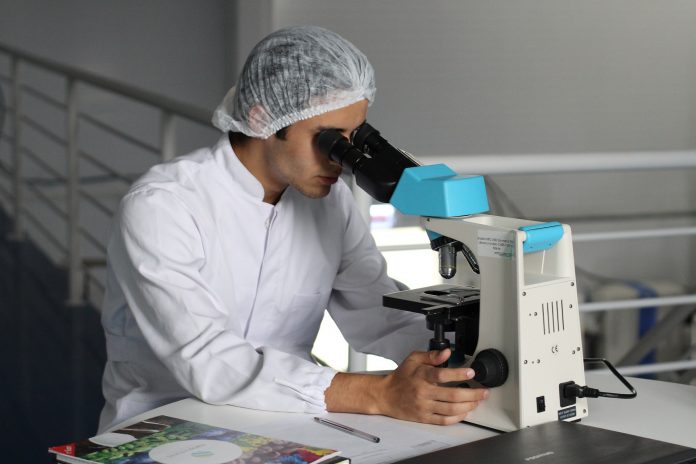In a historic move, the FDA has approved the first use of gene therapy in the United Stated. On August 30th, Novartis obtained the approval for Kymriah, a cell based gene therapy. Kymriah is approved to treat patients up to 25 years of age with the B-cell precursor of Acute lymphoblastic leukemia (ALL) that is refractory or in second or later relapse.
FDA Commissioner Scott Gottlieb, M.D said “We’re entering a new frontier in medical innovation with the ability to reprogram a patient’s own cells to attack a deadly cancer”.
Essentially, this treatment uses the patients own T cells and reprograms them to destroy the leukemia cells. Once in the body, the modified T cells multiple and attack any cell that expresses the protein CD19.
The approval of Kymriah gene therapy allows the US to catch up with the rest of the scientific community around the world.
What is acute lymphoblastic leukemia (ALL)
Acute lymphoblastic leukemia is a cancer that affects the white blood cells. In patients with ALL, there is an over production of immature white blood cells (lymphoblasts) in the bone marrow. This overproduction of cancerous cells causes the body to stop producing normal cells and eventually leads to death. ALL typically onsets in childere ages 2 – 5 years old or much later in life. According to wikipedia, there are about 6,000 new cases of ALL each year and is the leading cause of cancer deaths in children.
History of Kymriah gene therapy
- 2010, the University of Pennsylvania begun testing the therapy in adult patients with chronic lymphocytic leukemia (CLL).
- 2012, Children’s Hospital of Philadelphia was the first hospital to test Kymriah to treat ALL.
- 2012, Novartis began collaborating with the University of Pennsylvania to further research, develop, and commercialize the therapy for cancer treatment.
- July of 2017, an FDA advisory panel unanimously recommended approval of the therapy.
- August 30th, 2017, The FDA approves the CAR-T kymriah gene therapy.
“This is a turning point in the fight against B-cell ALL that opens up opportunities for patients across the world who desperately need new options” said Carl June, MD, the Richard W. Vague Professor in Immunotherapy in the department of Pathology and Laboratory Medicine in Penn’s Perelman School of Medicine and director of the Center for Cellular Immunotherapies. “We hope the momentum behind the technology builds as we continue to investigate the abilities of personalized cellular therapeutics in blood cancers and solid tumors to help patients with many other types of cancer.”
The approval of Kymriah gene therapy allows the US to catch up with the rest of the scientific community around the world. Last year Chinese scientists used CRISPR gene therapy to combat lung cancer.











